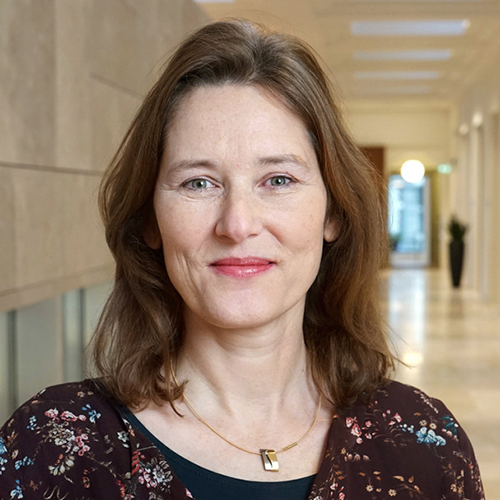Policies to reduce inner city traffic
During this seminar Bruno de Borger (Antwerpen University) will present: "Policies to reduce inner city traffic".
Time: 2011, Tuesday December 13, 13.00-14.00 hours
Location: CPB-office, Van Stolkweg 14, The Hague
Presentation: Bruno de Borger (Antwerpen University)
Discussant: Ioulia Ossokina (CPB)
Language: English
Registration: Please register by sending an email to seminars@cpb.nl.
Abstract subject: Many cities develop policies to reduce the negative externalities (congestion, pollution, accident risks) associated with local and, especially, through traffic. In this paper, we focus on instruments the city can use to reduce the external effects of through traffic. We consider five different instruments: (i) investments that reduce the external effect per vehicle and that are costly to the government, but that do not reduce the speed of traffic (e.g., noise walls); (ii) investments that reduce the external cost per vehicle and do reduce the speed of vehicles (new traffic lights, bumps, bike paths, etc.); (iii) formal traffic restrictions that are not costly to the government (for example, speed limits, increasing the red phase of traffic lights, etc.) but that do reduce the speed of vehicles; (iv) charging an urban toll; and (v) building a city bypass for through traffic. We present a theoretical model that encompasses all these externality reducing measures, and show the following results. First, compared to the federal social optimum, the city government over-invests in externality-reducing infrastructure whenever this infrastructure increases the generalized cost of transit traffic. Second, compared to the social optimum, the city government sets the urban toll too high. Third, compared to the social optimum, the city government under-invests in bypass capacity. Fourth, if the city can charge its optimal toll, it will never invest in a bypass or in technology to guide traffic around the city. Finally, in a model where all instruments are used jointly, we show that under some conditions the social optimum can be decentralized by appropriate allocation of policy instruments to local and federal authorities.
Seminars
CPB organises seminars for researchers. During these seminars, always held on Tuesday from 1.00 pm. to 2.00 pm., academic papers are presented and discussed. Read here how to subscribe (or unsubscribe) to our alert service (CPB Event).
Policy seminars
CPB also organises Policy seminars for policy makers, researchers and other stakeholders. These Policy seminars focus on policy implications. Policy seminars are held on Thursday from 1.00 pm. to 2.00 pm. Read here how to subscribe (or unsubscribe) to our alert service (CPB Event).
Contacts
